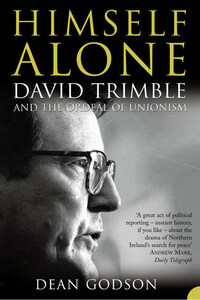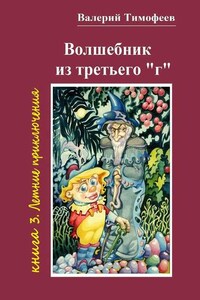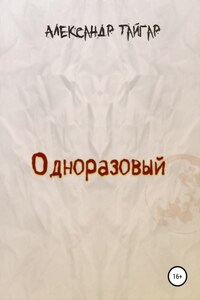I am Ulster, my people an abrupt people
Who like the spiky consonants in speech
And think the soft ones cissy; who dig
The k and t in orchestra, detect sin
In sinfonia, get a kick out of
Tin cans, fricatives, fornication, staccato talk,
Anything that gives or takes attack,
Like Micks, Tagues, tinkersâ gets, Vatican.
An angular people, brusque and Protestant,
For whom the word is still the fighting word,
Who bristle into reticence at the sound
Of the round gift of the gab in Southern mouths.
Mine were not born with silver spoons in gob,
Nor would they thank you for the gift of tongues;
The dry riposte, the bitter reparteeâs
The Northmanâs bite and portion, his deep sup
Is silence; though, still within his shell,
He holds the old sea-roar and surge
Of rhetoric and Holy Writ.
W. R. Rodgers; from âEpilogueâ in Poems,
Michael Longley (Oldcastle,
Co. Meath, 1993), pp. 106â7
âWhatever an Ulsterman may be, he is certainly never charming, and of that fact, no one is more fully aware than the Ulsterman himself.â
F. Frankfort Moore, The Truth about Ulster
(London, 1914), p. 102
âIâve changed, you know.â
David Trimble to his old friend, Professor Herb Wallace,
after signing the Belfast Agreement
âWhat do you want for your people?â
âTo be left alone.â
Exchange between Sean Farren, a senior nationalist politician, and David Trimble at Duisburg, in the late 1980s
WILLIAM David Trimble was born on 15 October 1944, at the Wellington Park Nursing Home in Belfast of respectable, lower-middle-class, Presbyterian stock. From his earliest years he was called David, apparently to distinguish himself from his father, William Sr. The gregarious elder Trimble was generally known as âBillyâ, but his flinty son was to reject all such attempts to turn him into a âDavyâ or a âDaveâ. He remained resolutely âDavidâ. This name apparently derives from his paternal grandfather, George David Trimble, born in 1874 and a native of Co. Longford. The earliest Protestant settlement there can be traced back to the reign of James I, though there was an overspill into Co. Longford resulting from subsequent influxes of Scottish Presbyterians into Ulster at the end of the 17th and early 18th centuries. Indeed, at its pre-Famine peak, the Protestant community numbered around 14,000 and the 1831 census suggests that it comprised 9.5% of the population. As late as 1911, in the parish of Clonbroney where the Trimbles lived, Protestants comprised 18.3% of the population.>1 It is not known when the Trimbles â a variation of the Scottish Lowland name of Turnbull â arrived in Co. Longford.>2 But what is certain is that David Trimbleâs own line of descent can be traced back to the end of the 18th century (he is not related to the Co. Fermanagh Trimbles, whose descendants own the famed Impartial Reporter and Farmersâ Journal. By coincidence, his wife is part of that extended family). Like most Protestants, the Co. Longford Trimbles and the families they married into â the Smalls, the Twaddles, the Gilpins and the Eggletons â were farmers, with a few ploughmen, stewards and underagents amongst them. The first available record is of one Alexander Trimble (DTâs great-great-grandfather) who farmed in Sheeroe, Co. Longford. His son, also called Alexander (DTâs great-grandfather), lived from 1826 to 1904 and had eight children of whom the above-mentioned George David (DTâs grandfather) was the youngest. According to Griffithâs valuation of property in Ireland, conducted in the 1850s and 1860s, Alexander Trimble (II) rented a plot from one of the Edgeworths, the main landowners in the area, comprising lands of 11 acres, 3 roods and 16 perches. Its rateable valuation was £9 and 5 shillings, with buildings thereon valued at £1 and 15 shillings. But unlike most Protestants in Co. Longford, who were adherents of the Church of Ireland, the Trimbles were staunch Presbyterians: the parish registers show that George David, DTâs grandfather, was baptised at Tully Presbyterian Church in 1875. They were thus a minority within a minority. History does not record how these Trimbles felt about the Ascendancy, in the shape of the Edgeworth family, nor about the Church of Ireland itself. If they keenly felt the disabilities long imposed upon Dissenters, it echoed down the years in odd ways: David Trimble himself never much cared for the traditional Unionist establishment.








